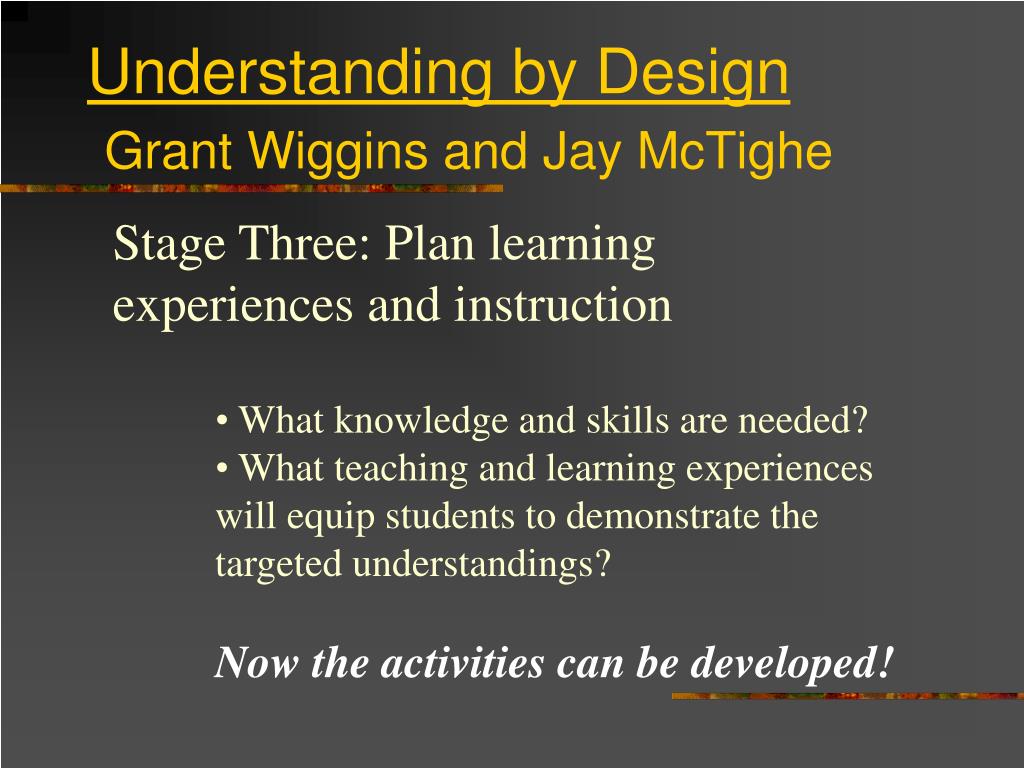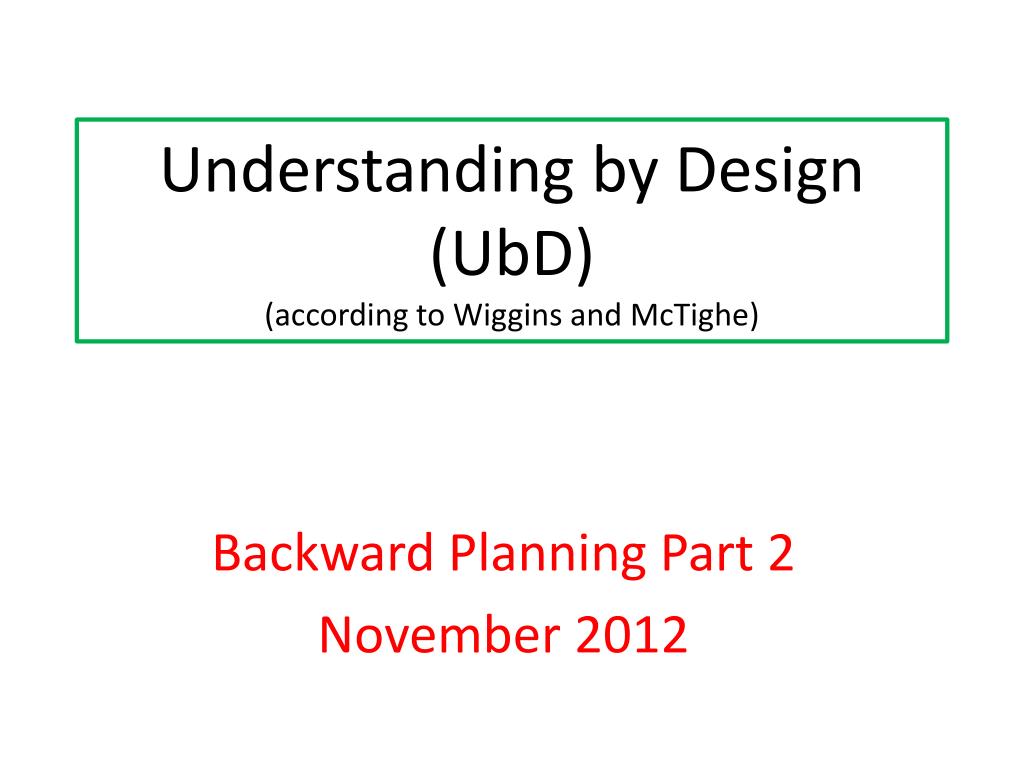Understanding by Design Grant Wiggins, Jay McTighe
Table Of Content

Information that fits within this question is the lowest priority content information that will be mentioned in the lesson, unit, or course. “Last year, I was starved for bass players,” says Bill Yeager, director of jazz studies at San Diego State University. Hofmann wittily turns the tables on usual roles with her version of the Gershwins’ “Embraceable You,” giving Magnusson’s bass the lead melodic role at first while she plays backup counterpoint, then switching into an improv mode while Magnusson thrums along underneath her flute. “It’s some great playing, she’s a wonderful player, just some good jazz,” said Phil Sheridan, vice president of Jazz Alliance, explaining why his company selected Hofmann’s project as one of its 20 releases for 1992. MyLife aggregates publicly available information from government, social, and other sources, plus personal reviews written by others.
Contents
A description of an action research study of classroom assessment practices in Donegal (PA) school district. Neurologist Judy Willis explains how video games provide insights into teaching. McTighe is an accomplished author, having coauthored more than a dozen books, including the award-winning and best-selling Understanding by Design® series with Grant Wiggins. He has written more than 50 articles and book chapters and has been published in leading journals, including Educational Leadership (ASCD) and Education Week. Backward Design Template with Descriptions (click link for template with descriptions).
Rex promotes deeper understanding of UbD - Philstar.com
Rex promotes deeper understanding of UbD.
Posted: Thu, 30 Sep 2010 07:00:00 GMT [source]
Articles / Blogs
Prior to that, he helped lead Maryland’s standards-based reforms, including the development of performance-based statewide assessments. As the quote below highlights, teaching is not just about engaging students in content. Student learning and understanding can be gauged more accurately through a backward design approach since it leverages what students will need to know and understand during the design process in order to progress. The knowledge and skills at this substage are considered important to know and do. The information that fits within this question could be the facts, concepts, principles, processes, strategies, and methods students should know when they leave the course. The big ideas and important understandings are referred to as enduring understandings because these are the ideas that instructors want students to remember sometime after they’ve completed the course.
The differences — and similarities — between the Coachella and Stagecoach festivals
Once the learning goals have been established, the second stage involves consideration of assessment. The backward design framework suggests that instructors should consider these overarching learning goals and how students will be assessed prior to consideration of how to teach the content. For this reason, backward design is considered a much more intentional approach to course design than traditional methods of design. The first question listed above has instructors consider the knowledge that is worth being familiar with which is the largest circle, meaning it entails the most information.
Authors Grant Wiggins and Jay McTighe answer these and many other questions in this second edition of Understanding by Design. With an improved UbD Template at its core, the book explains the rationale of backward design and explores in greater depth the meaning of such key ideas as essential questions and transfer tasks. Readers will learn why the familiar coverage- and activity-based approaches to curriculum design fall short, and how a focus on the six facets of understanding can enrich student learning. With an expanded array of practical strategies, tools, and examples from all subject areas, the book demonstrates how the research-based principles of Understanding by Design apply to district frameworks as well as to individual units of curriculum. In contrast, the backward design approach has instructors consider the learning goals of the course first. These learning goals embody the knowledge and skills instructors want their students to have learned when they leave the course.
Video
Linda Darling-Hammond makes the case for expanded use of performance assessments. Yeager has nine bassists, which amounts to about one-fourth of all jazz majors. In any other year, according to Yeager, bassist Royce Ferguson, a junior, would have been at the top of the heap, but this year he’s running neck-in-neck with fellow SDSU student Kevin Delgado, the bassist for San Diego Latin jazz groups Sol E Mar and Afro Rumba. Which means Ferguson is good, and Wednesday night’s junior recital featuring Ferguson should produce some first-rate music. In fact, the modest Wiggins has recorded a library of music that spans some 50 years, including dozens of original songs, making him a living encyclopedia of jazz.
Every task and piece of instruction has a purpose that fits in with the overarching goals and goals of the course. As previously stated, backward design is beneficial to instructors because it innately encourages intentionality during the design process. It continually encourages the instructor to establish the purpose of doing something before implementing it into the curriculum. Therefore, backward design is an effective way of providing guidance for instruction and designing lessons, units, and courses. Once the learning goals, or desired results, have been identified, instructors will have an easier time developing assessments and instruction around grounded learning outcomes. Well known for his work with thinking skills, McTighe has coordinated statewide efforts to develop instructional strategies, curriculum models, and assessment procedures for improving the quality of student thinking.

UBD in public school math - Inquirer.net
UBD in public school math.
Posted: Sun, 23 Oct 2011 07:00:00 GMT [source]
We empower educators to reimagine and redesign learning through impactful pedagogy and meaningful technology use. We achieve this by offering transformative professional learning, fostering vibrant communities, and ensuring that digital tools and experiences are accessible and effective. Wiggins, a nationally recognized assessment expert, worked on some of the most influential reform initiatives in the country, including Vermont's portfolio system and Ted Sizer's Coalition of Essential Schools. He consulted with schools, districts, and state education departments on a variety of reform matters, organized conferences and workshops, standards clarification, and developed print materials and web resources on curricular change. This teaching guide will explain the benefits of incorporating backward design. Finally, an overview of a backward design template is provided with links to blank template pages for convenience.
Furthermore, the answers to question #3 regarding enduring understandings can be adapted to form concrete, specific learning goals for the students; thus, identifying the desired results that instructors want their students to achieve. In Understanding by Design, Wiggins and McTighe argue that backward design is focused primarily on student learning and understanding. When teachers are designing lessons, units, or courses, they often focus on the activities and instruction rather than the outputs of the instruction. Therefore, it can be stated that teachers often focus more on teaching rather than learning. This perspective can lead to the misconception that learning is the activity when, in fact, learning is derived from a careful consideration of the meaning of the activity. Educators from kindergarten through college can get everything they need—guidelines, stages, templates, and tips—to start designing lessons, units, and courses that lead to improved student performance and a more stimulating experience for students and teachers alike.
At this stage it is important to consider a wide range of assessment methods in order to ensure that students are being assess over the goals the instructor wants students to attain. Sometimes, the assessments do not match the learning goals, and it becomes a frustrating experience for students and instructors. Use the list below to help brainstorm assessment methods for the learning goals of the course.
This third-party data is then indexed through methods similar to those used by Google or Bing to create a listing. Because MyLife only collects this data and does not create it, we cannot fully guarantee its accuracy. Blogger, Jennifer Gonzalez, writes a cautionary article about the superficiality of “activity-oriented” units. This teaching guide is licensed under a Creative Commons Attribution-NonCommercial 4.0 International License.

Comments
Post a Comment